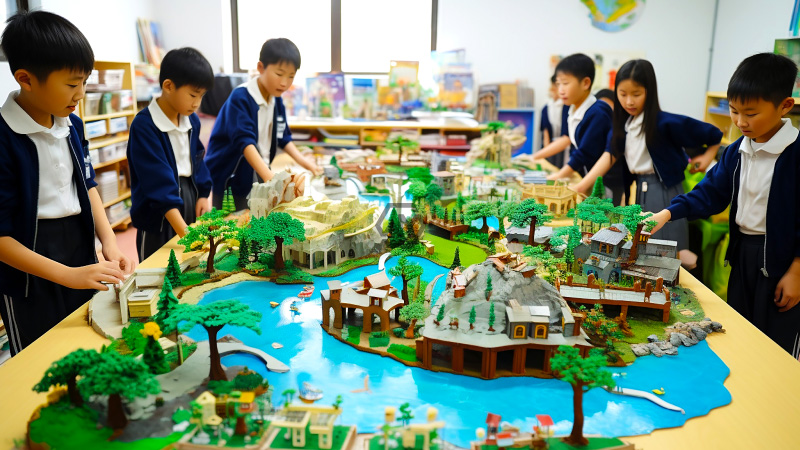- China hosts over 18,000 students from Central Asia, many studying traditional medicine and applied sciences.
- New partnerships are expanding into joint research, innovation, and teacher training.
- Cultural exchanges help strengthen mutual understanding and regional cooperation.
China’s strategic push to build stronger ties with Central Asia through education is reshaping academic landscapes on both sides. Students from countries like Kazakhstan and Uzbekistan are now common in Chinese universities, particularly in Xinjiang, where proximity and cultural resonance enhance their learning experience.
Beyond academics, China is integrating Central Asian universities into research ecosystems. With initiatives like joint labs and teacher training, the cooperation has matured from cultural diplomacy to pragmatic talent building.
From Lecture Halls to Laboratories: China-Central Asia Educational Ties Evolve
As part of the Belt and Road Initiative, education has emerged as a vital channel for China to engage with Central Asia. This includes government scholarships and university alliances that reflect Beijing’s strategic interest in shaping regional development through talent cultivation.
In Xinjiang, where borders with three Central Asian countries converge, universities like XMU serve as pivotal bridges. These institutions offer degrees in both traditional and modern disciplines while also introducing students to Chinese language and culture through immersive programs.
China isn’t just offering education—it’s also co-developing knowledge systems. Joint research projects in agriculture, medicine, and industrial technology help Central Asian countries localize expertise and innovate within their own contexts, minimizing reliance on Western models.
This evolving cooperation also includes cultural exchange programs that build trust and social familiarity. Activities like Chinese calligraphy and language contests foster connections that go beyond classrooms, creating long-lasting interpersonal and intergovernmental ties.
The China-Central Asia educational partnership has grown into a comprehensive exchange of knowledge, culture, and innovation—laying the groundwork for a shared and sustainable future across the Eurasian continent.
“Education is the most powerful weapon which you can use to change the world.” — Nelson Mandela



